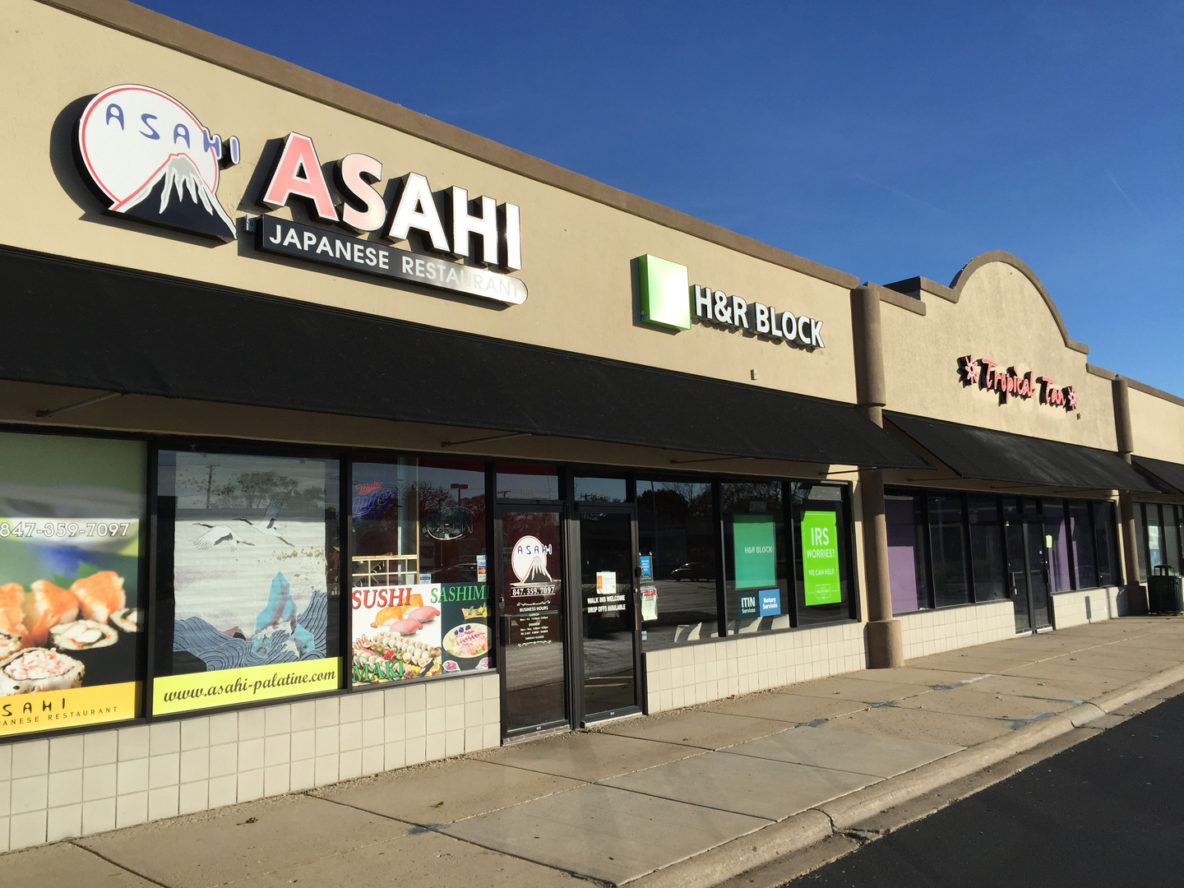Grandview Gardens
CHALLENGE: The center featured below market rents and above market occupancy.
RESULTS: Due to the unlikely ability of the tenancy to pay the doubling NNN charges, the risk of the largest tenant not renewing due to industry issues, and the risk of environmental liability, the purchaser dropped the contract and bought a different property that offered a better return and significantly less risk.
“...the purchaser dropped the contract and bought a different property that offered a better return and significantly less risk.”
Foresite was contacted to perform a thorough review of a shopping center under contract. The center featured below market rents and above market occupancy. The shopping center had never had a vacancy for more than a year and was located in an area with high household incomes. The buyer was a first-time buyer of investment real estate and his attorney advised him to contract with Foresite for a detailed review of the property prior to closing.
As part of the due diligence analysis, Foresite reviewed historical accounting records for accuracy in the aged receivables report and to ensure no balances had been forgiven prior to the center being offered for sale. The team also interviewed each tenant to determine the probability of renewal and tolerance for rent and NNN increases. In each interview, the tenants expressed concern over the difficulty in paying the recently billed NNN reconciliation amounts. The increases were due primarily to a 20% increase in property taxes the year before. Many stated they would need forgiveness of the amounts or payment arrangements just to keep the doors open. Unfortunately, the tenants were not yet aware of the most recent property tax adjustment showing an additional 30% increase over the previous year’s increase. With the property under contract at a value even higher than the newly increased county assessed value, reducing the current tax liability via a property tax protest was unlikely.
Secondly, while inspecting the property it was noted that the dry cleaner was operating a plant and appeared careless in the handling of some of the chemicals. A Phase 3 Environmental report was ordered as a result. The report demonstrated the soil had been contaminated exposing the new owner to significant liability.
Thirdly, the largest tenant occupying 50% or more of the center could not provide any reassurance of their upcoming renewal. Changes in the industry impacting the tenant’s business increased the probability of half of the center becoming vacant.
Due to the unlikely ability of the tenancy to pay the doubling NNN charges, the risk of the largest tenant not renewing due to industry issues, and the risk of environmental liability, the purchaser dropped the contract and bought a different property that offered a better return and significantly less risk.
*Names of the centers have been changed to protect client confidentiality. Representative photos used.


